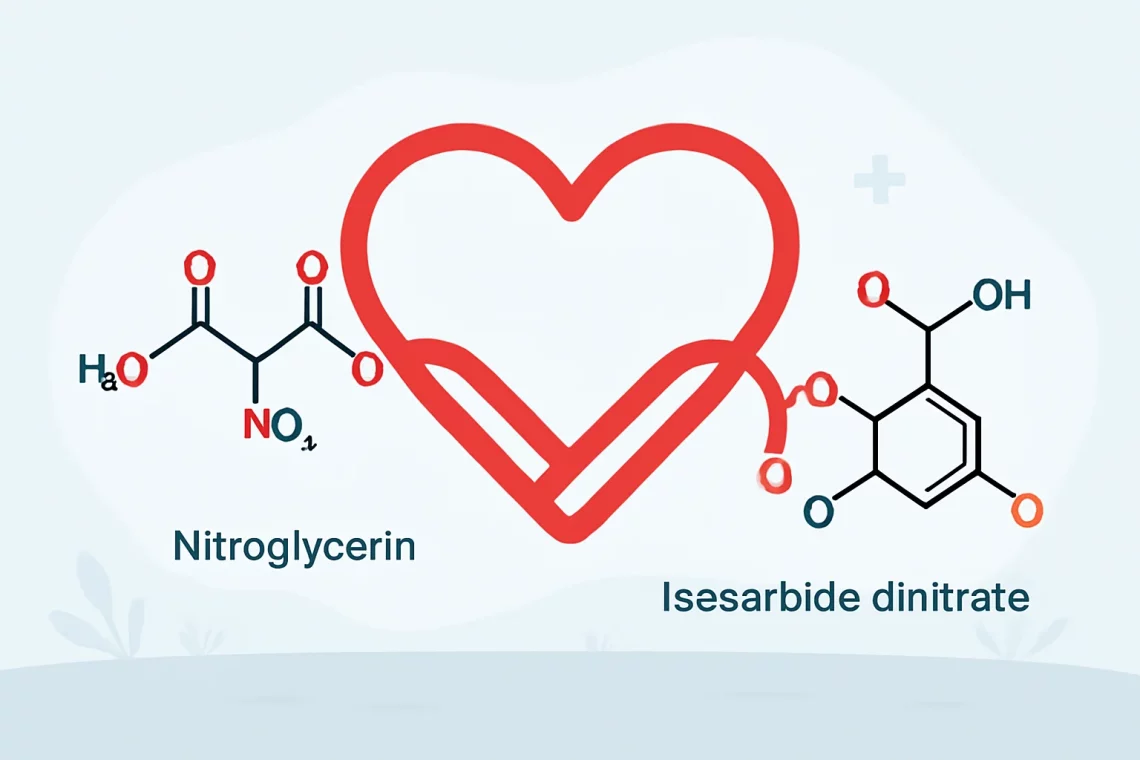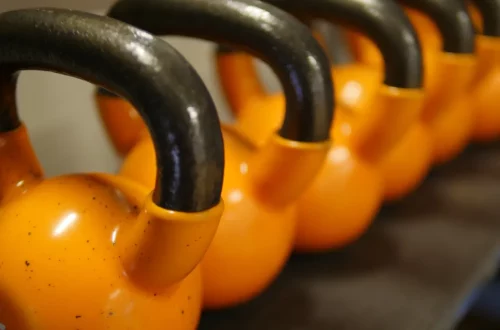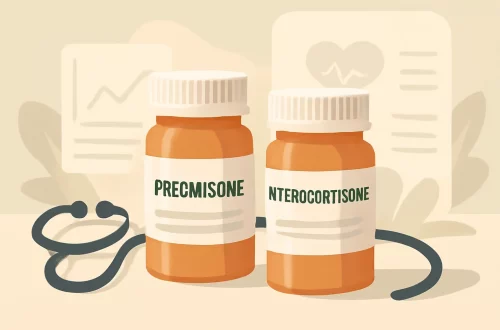-
Nitroglycerin vs Isosorbide: Which is Best for Your Heart Health?
Nitroglycerin and isosorbide are two important medications commonly used in the management of cardiovascular diseases, particularly angina pectoris, a condition characterized by chest pain due to reduced blood flow to the heart. Both of these drugs belong to a class of medications known as nitrates, which work by dilating blood vessels to improve blood flow and decrease cardiac workload. This dilation leads to increased oxygen supply to the heart muscle, alleviating the symptoms of angina. Despite their similar mechanisms, nitroglycerin and isosorbide differ in their formulations, onset of action, duration, and specific indications. Understanding these differences is crucial for patients and healthcare providers when determining the most appropriate treatment plans…
-
Does Bad Posture Cause Chest Pain? Understanding the Connection
Bad posture is a common issue in today’s fast-paced, technology-driven world. With the prevalence of desk jobs and the increasing use of electronic devices, many people find themselves slouching or hunching over for prolonged periods. This poor alignment of the spine and body can lead to various health problems, including discomfort and pain in different areas, particularly in the chest. When individuals think of chest pain, they often associate it with heart-related issues. However, posture plays a significant role in musculoskeletal health, and bad posture can contribute to feelings of tightness or discomfort in the chest region. Understanding the underlying mechanisms can help individuals recognize that their posture may be…
-
Does Bad Posture Cause Chest Pain? Understanding the Connection
Bad posture is a common issue in today’s fast-paced, technology-driven world. Many individuals spend hours hunched over computers, smartphones, or other devices, often unaware of the long-term effects this can have on their bodies. While some might dismiss poor posture as merely a cosmetic issue, it can lead to a myriad of health problems, including discomfort and pain in various areas of the body. One area that often raises concern is the chest. Chest pain can be alarming and is frequently associated with serious conditions; however, it can also be attributed to lifestyle factors, including posture. Understanding the link between posture and chest pain is crucial for anyone looking to…
-
Did I Have a Heart Attack Quiz: Assess Your Symptoms Now
Heart health is a critical aspect of overall well-being, yet many individuals remain unaware of the signs and symptoms associated with heart conditions. Understanding your body’s signals can lead to timely intervention and better health outcomes. A heart attack, or myocardial infarction, occurs when blood flow to the heart is blocked, causing damage to the heart muscle. This medical emergency can manifest in various ways, and recognizing these symptoms can be life-saving. In today’s fast-paced world, stress, poor diet, and lack of exercise contribute to an increasing number of heart-related issues. Many people often dismiss early warning signs, attributing them to other, less severe conditions. However, being in tune with…
-
Understanding Delayed Chest Pain After Exercise: Causes and Solutions
Delayed chest pain after exercise can be an unsettling experience for many individuals. It often raises questions about one’s health and the safe limits of physical activity. While many people engage in regular exercise to enhance their overall well-being, the body can sometimes respond in unexpected ways. This reaction can be particularly concerning when pain manifests hours or even days after a workout. Understanding the reasons behind this delayed discomfort is crucial for anyone looking to maintain an active lifestyle. The nature of exercise itself can lead to a variety of physical responses. As the heart and muscles work harder during physical activity, they require more oxygen and energy. This…



















